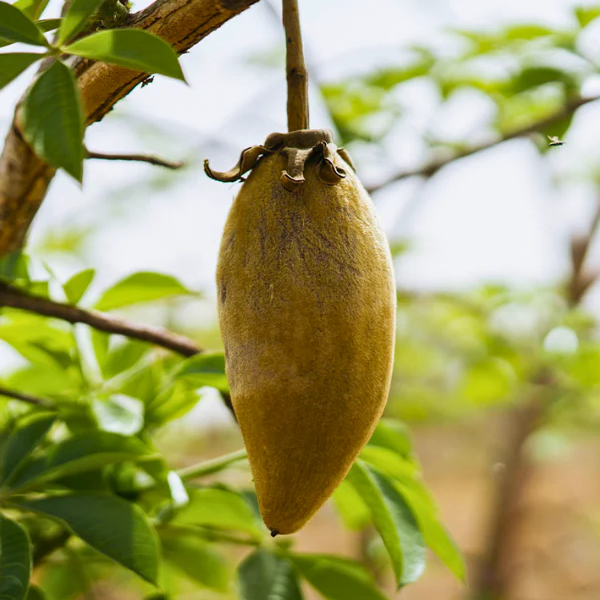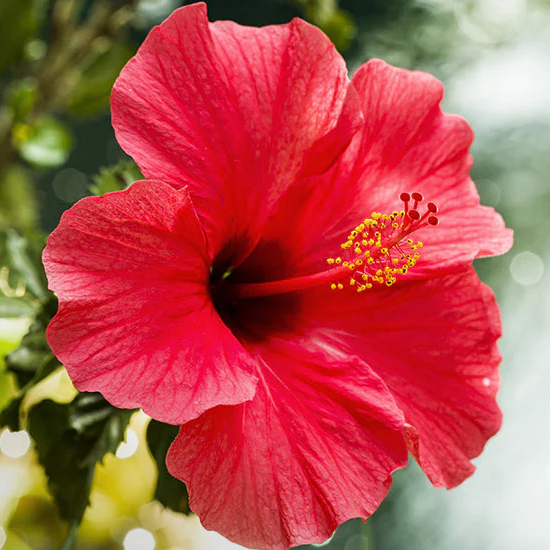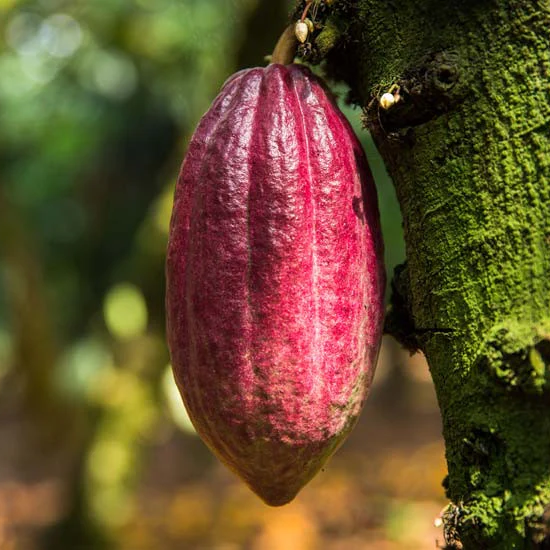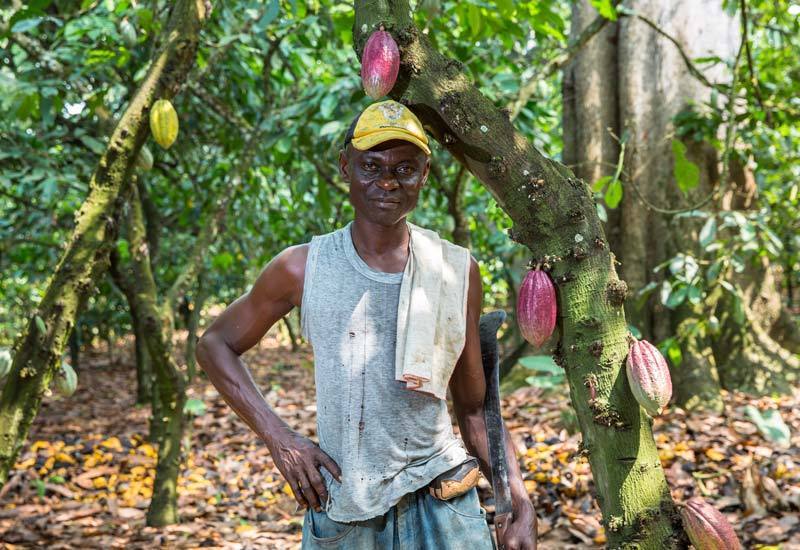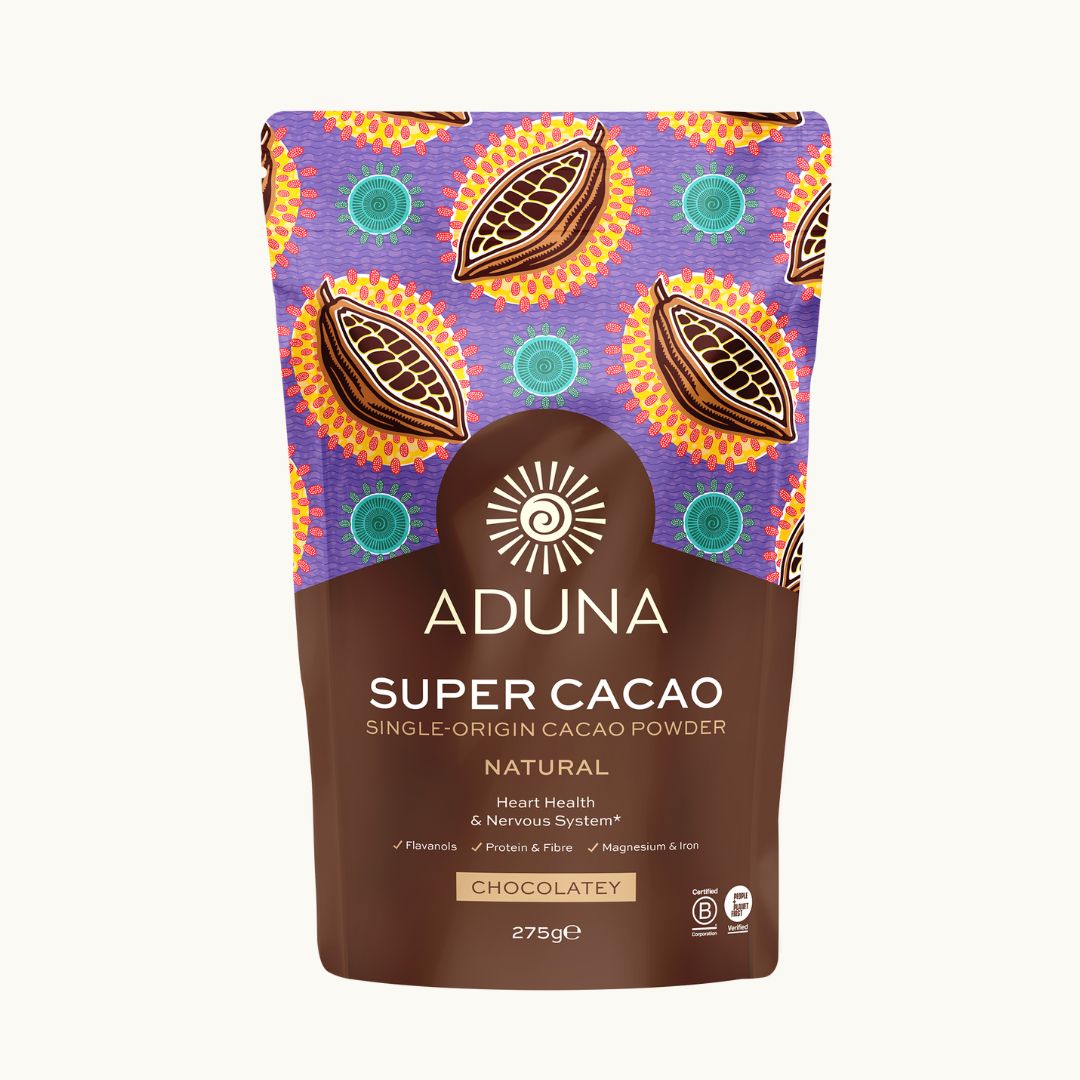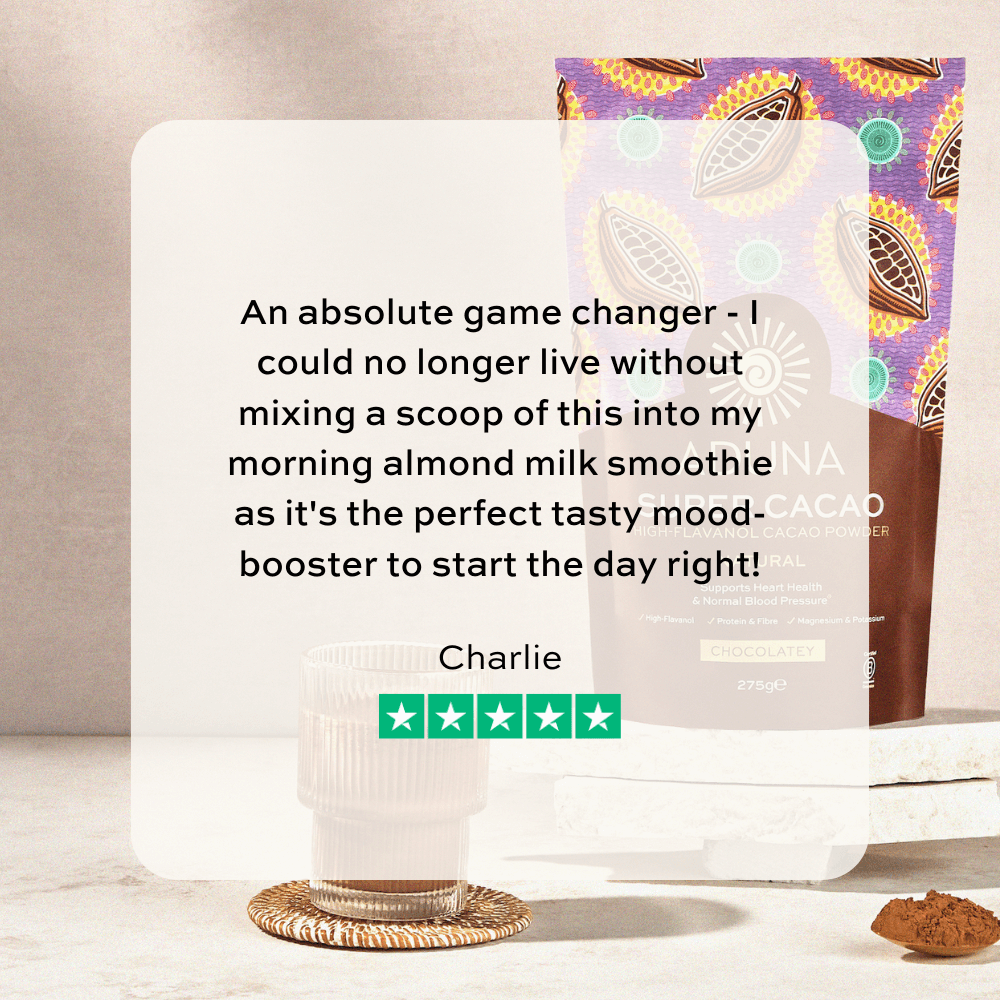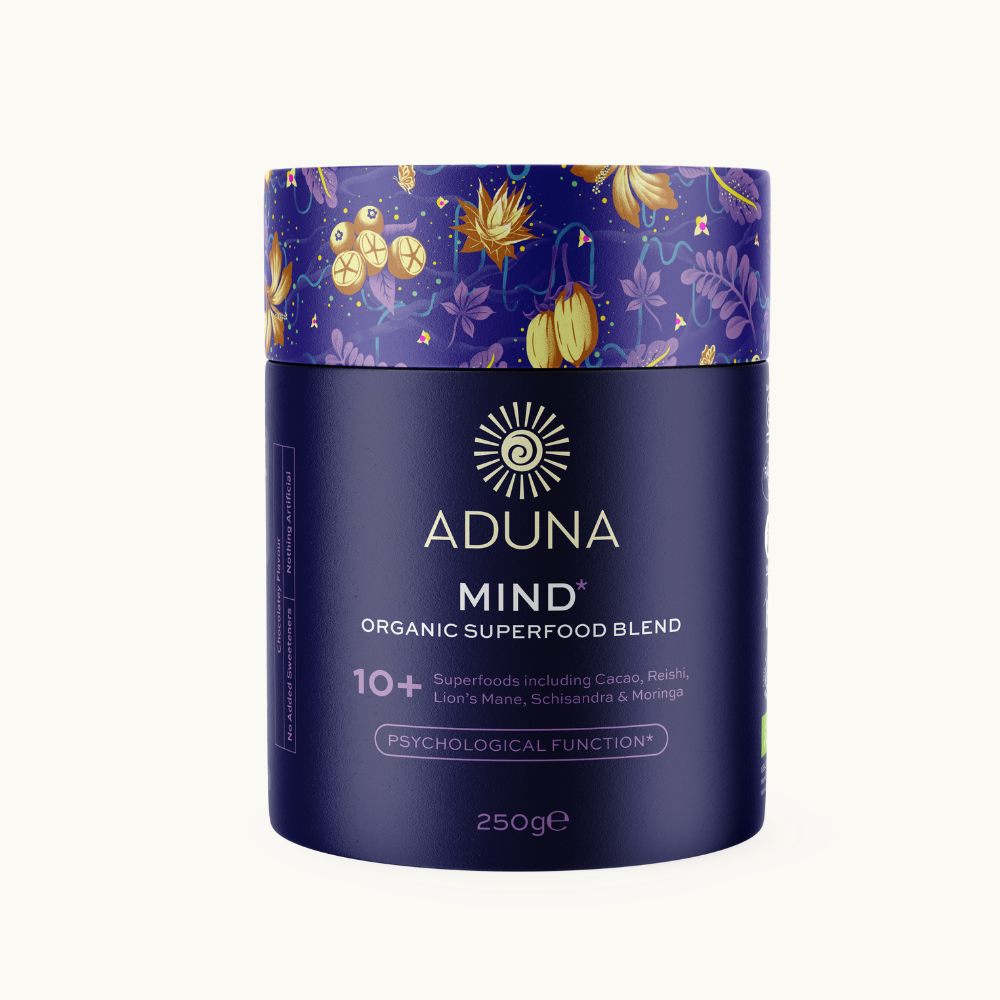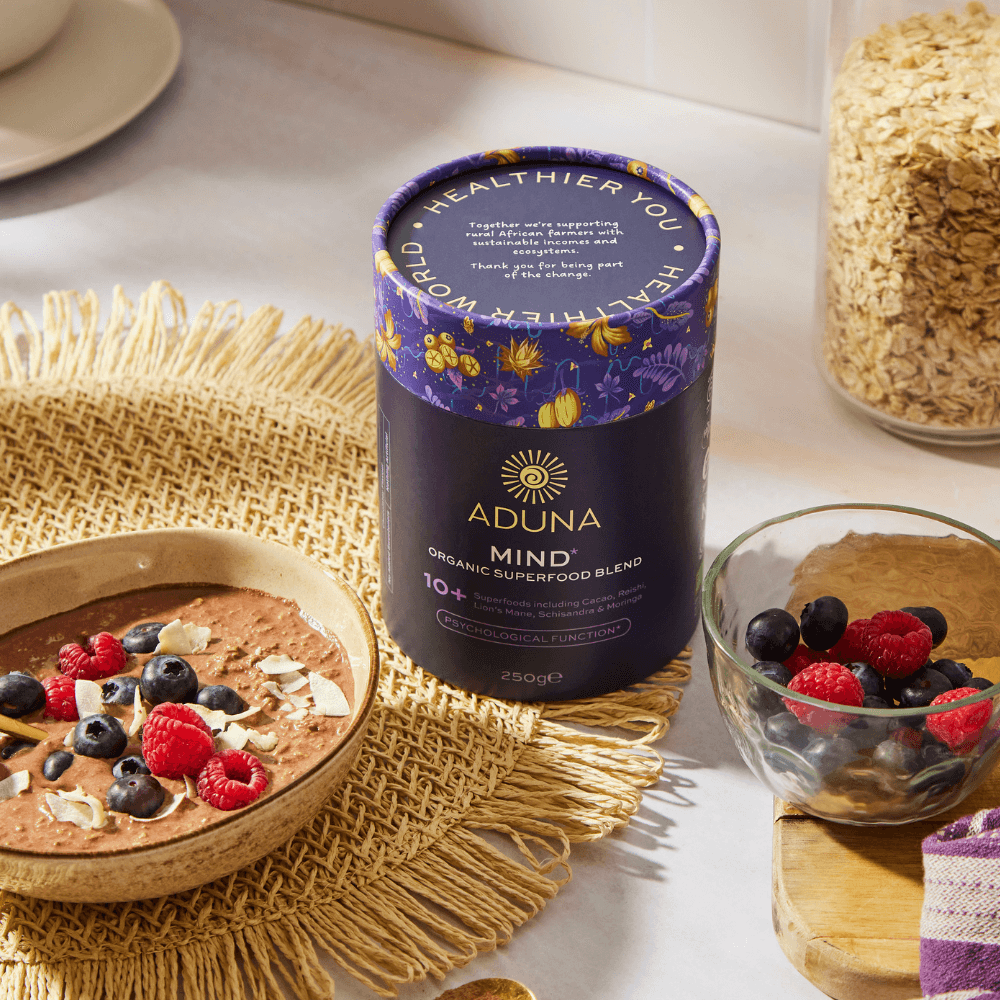West Africa has long been the centre of world cocoa cultivation; the tropical climate around the Equator is ideal for growing cacao trees.
In fact, 70% of the world’s cacao beans come from four West African countries: Ivory Coast, Ghana, Nigeria and Cameroon. Of these, the Ivory Coast and Ghana are the two largest producers, cultivating between them more than half of the world´s cocoa supply.
Cacao in West Africa is grown almost entirely on rural, family-owned smallholding farms, with 90% of farmers relying on cocoa as their primary source of income. The whole family works together to cultivate their crops. As cacao pods do not all ripen at the same time, this involves continuous monitoring, care and harvesting - a real labour of love!
Communities are often very remote and face a number of challenges including low access to education - particularly for women, and poor access to health services.
Creating additional income for rural producers
Although many chocolate companies source their cocoa from West Africa, the processing of the raw cacao beans into powder or chocolate happens almost exclusively in Europe or America.
This is a huge missed opportunity for the local economies, who, if the market was structured differently, could be processing the beans themselves and benefiting from additional revenues and employment.
Aduna is working towards this added-value model, by sourcing at least 85% of our Super Cacao powder directly from small-scale producers in Ghana, ensuring the added-value from the processing remains within the country.
At Aduna, we believe all cacao producers have a right to:
- earn an equitable income
- engage in responsible labour practices
- safeguard the environment
- provide for the basic health and education needs and well-being of their families.
Aduna only works with cacao suppliers who can actively demonstrate their commitment to ethical, social and environmentally responsible sustainability practices.
Read more about our mission to support small-scale producers.

